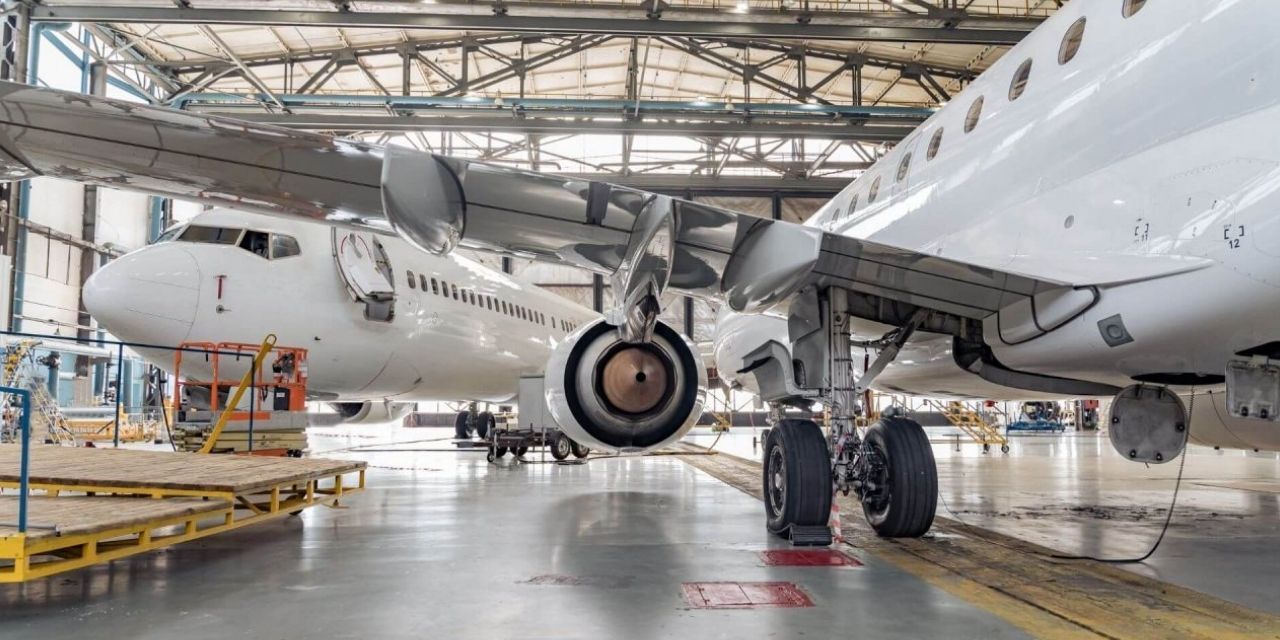What if we told you there's a solution that makes multilingual communication and information sharing easier, even when there's a large amount of content to translate? Discover what machine translation services are all about.
What does machine translation mean?
In machine translation, texts are translated automatically with computer software so that a human translator does not directly participate in the process. The relationship between human translators and machine translation systems has been that the machine translation engine has been trained with translations created by human translators. The undisputed strength of machine translation is the speed of the translation process. Customers can get the translations they need in minutes.
The strength of human translators is still the quality of the translation. Machine translation engines can produce the same quality as a human translator for a few text types only.
Where can machine translation be used?
Today, machine translation works best in scenarios where a text needs to be conveyed in an understandable form in another language. The language of the translation is not necessarily error-free or fully logical, but it can be understood. The word order may be odd, or a single word may have been replaced with a strange synonym.
For instance, the translation of the word ‘volume’ may refer to sound volume, a quantity of space or an amount, regardless of the actual context. However, a reader with basic language skills can understand what the intended meaning of the text is.
At present, machine translation can well be used, for instance, for non-public, company-internal communication and information sharing, especially when the content of the text needs to be transmitted quickly but the text is not distributed to a large audience. It is also important that all parties are aware of the use of machine translation.
How secure is machine-translated content?
Data security often comes up when discussing machine translation. A machine translation engine dedicated to the company’s use is a safe option in terms of data security. In practice, the material to be translated is transmitted in an encrypted form between the client and the machine translation system.
The translated material only remains in the memory of the machine translation engine for a short time, and it is not used for any other purposes. This way, even texts containing business secrets can be translated using machine translation.
With free, publicly available machine translation services, there is a risk that the translated text will remain in the translation engine’s memory. Often, the party offering a free translation service withholds the right to use the translated material.
What are the best uses for machine translation?
Machine translation can be used in a large variety of situations. Below we go through some scenarios where machine translation can help you obtain fast and affordable translated content in as many languages as you need.
#1 Internal emails and other written internal communications
Machine translation can help in situations where speed is the most important factor. You get the machine translation almost immediately for your use. It's also a great benefit that machine translation can be used to easily translate texts that would otherwise not be translated at all, such as email messages.
If a company is operating in several countries or on several continents even, communication becomes more difficult to manage. The language skills of employees can vary a lot. Even if English was chosen as the company’s official language, not everyone may be able to use it, at least well enough. Many people would in fact prefer communication in their native language, which would decrease ambiguity. However, this is nearly impossible when the company has sites all over the world.
Machine translation can help decrease or even eliminate the language barrier in multilingual communications. A translation of the text can be obtained quickly and in a form that enables the recipients to understand the core content of the message.
Machine translation can be particularly important in cases where an acute issue needs to be communicated to a large number of people. When, for instance, a disturbance in production can be announced quickly to a large group of people, the problem can also be responded to quickly and effectively. In such a situation, the recipient can quickly and easily translate the original message into their own language, or the sender can take care of that.




















































